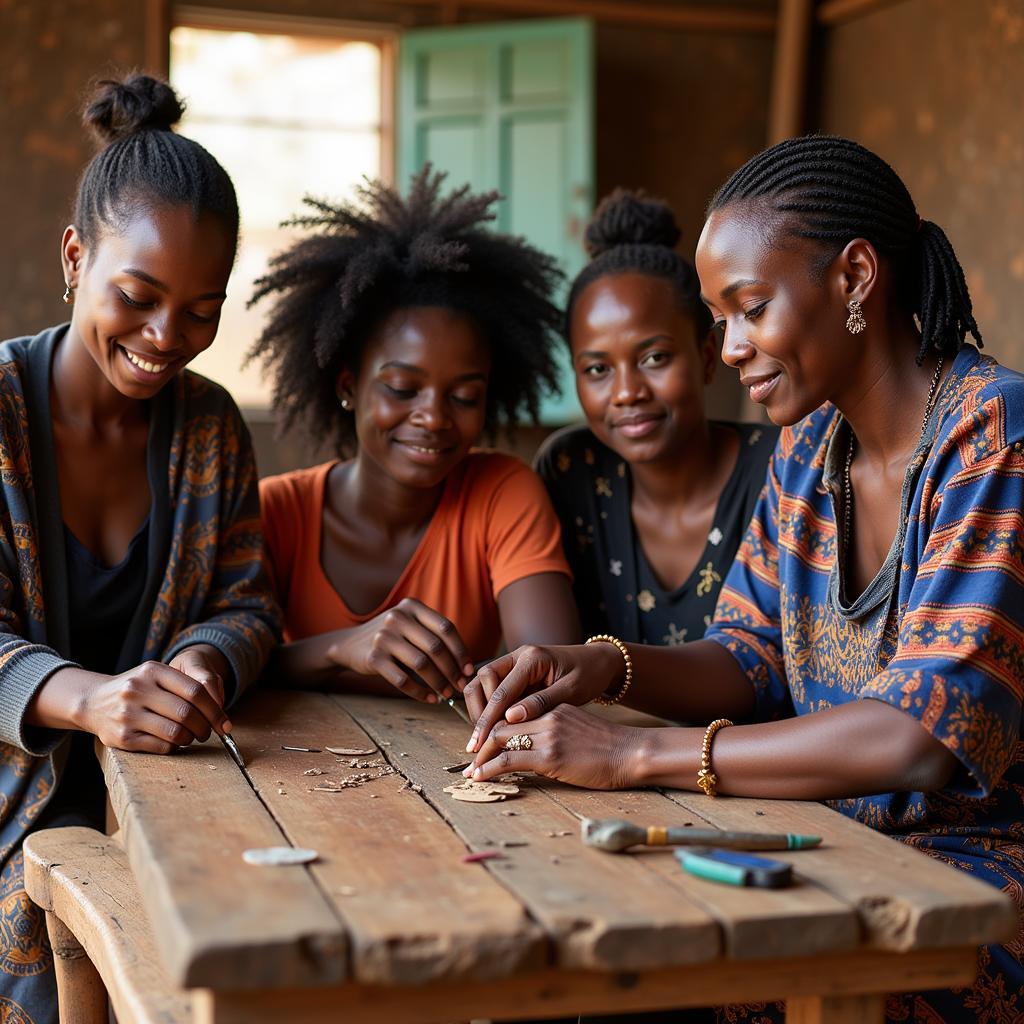African Development Bank Members: A Comprehensive Guide
The African Development Bank (AfDB) Group’s members play a crucial role in its mission to foster sustainable economic development and social progress in Africa. Understanding the composition and roles of these members is vital for anyone interested in African finance and development. This article provides a deep dive into the AfDB’s membership structure, exploring the different categories of members, their benefits, and their influence on the bank’s operations.
Categories of African Development Bank Members
The AfDB Group consists of two distinct member groups: regional member countries (RMCs) and non-regional member countries (NRMCs). These two groups work together to achieve the bank’s development objectives, but their roles and contributions vary. Let’s explore each group in more detail.
Regional Member Countries (RMCs)
The RMCs are all 54 independent African countries. They are the primary beneficiaries of the AfDB’s development initiatives. RMCs have voting rights proportional to their capital subscriptions, giving them significant influence over the bank’s strategic direction. They also have access to a range of financial and technical assistance programs designed to support their development agendas.
Non-Regional Member Countries (NRMCs)
The NRMCs comprise 27 countries from across the Americas, Asia, and Europe. These members contribute significant financial resources to the AfDB, supplementing the contributions of the RMCs and enabling the bank to provide greater levels of assistance to African countries. NRMCs also share their expertise and knowledge, contributing to the bank’s knowledge base and promoting international cooperation.
Benefits of Membership in the African Development Bank
Membership in the AfDB offers several advantages, particularly for RMCs. These benefits include access to concessional loans, grants, and technical expertise to support development projects in key sectors such as infrastructure, agriculture, and education. For NRMCs, membership provides an opportunity to contribute to global development and foster stronger ties with African nations. It also opens doors for their businesses to engage in investment opportunities on the continent.
The Role of African Development Bank Members in Decision-Making
The African Development Bank Board of Directors plays a crucial role in the bank’s governance structure. Each member country appoints a Governor to the Board of Governors, the bank’s highest decision-making body. The Board of Governors sets the bank’s overall policies and approves major projects. The Board of Directors, composed of Executive Directors representing both RMCs and NRMCs, is responsible for the day-to-day operations of the bank.
The African Development Bank and Sustainable Development
The AfDB is deeply committed to supporting the achievement of the Sustainable Development Goals (SDGs) in Africa. The bank’s “High 5” strategic priorities – Light up and power Africa, Feed Africa, Industrialize Africa, Integrate Africa, and Improve the quality of life for the people of Africa – are directly aligned with the SDGs. The AfDB works closely with its member countries to develop and implement programs and projects that contribute to these priorities.
The Future of the African Development Bank and its Members
The AfDB is facing a dynamic and evolving landscape of development challenges in Africa. Issues such as climate change, rapid urbanization, and demographic shifts require innovative solutions and strong partnerships. The bank is continuously adapting its strategies and operations to address these challenges effectively. The continued collaboration and support of both RMCs and NRMCs will be crucial for the AfDB to achieve its mission and contribute to a prosperous and sustainable future for Africa. The African Development Bank (ADB) is a key institution in fostering economic growth.
“The African Development Bank’s success hinges on the active participation of its members,” states Dr. Aminata Konaré, a renowned economist specializing in African development. “Their diverse perspectives and collaborative efforts are essential for tackling the complex development challenges facing the continent.”
Conclusion
The African Development Bank Members, both regional and non-regional, are integral to the bank’s mission of promoting sustainable development across Africa. Their combined financial contributions, expertise, and collaborative efforts are vital for driving economic growth, reducing poverty, and improving the lives of millions of people across the continent. Understanding the composition and roles of these members provides valuable insight into the workings of the AfDB and its impact on Africa’s development trajectory. For those interested in exploring related institutions, you can find more information about the African Export-Import Bank and the African Development Bank in Abidjan.
FAQ
-
How many member countries does the African Development Bank have?
- The AfDB has 81 member countries: 54 regional member countries (African countries) and 27 non-regional member countries.
-
What are the benefits of being an AfDB member?
- Members, particularly African nations, gain access to funding, technical support, and a platform for international cooperation.
-
How do members influence the AfDB’s decisions?
- Members appoint governors to the Board of Governors, the highest decision-making body.
-
What is the AfDB’s role in sustainable development?
- The AfDB aligns its work with the Sustainable Development Goals and its “High 5” strategic priorities.
-
How can I learn more about the AfDB’s work in specific countries?
- You can explore the AfDB website for detailed information on its programs and projects in different countries.
-
What is the role of non-regional members in the AfDB?
- Non-regional members provide essential financial resources and expertise to support the bank’s operations.
-
How does the AfDB address emerging development challenges in Africa?
- The AfDB adapts its strategies and fosters partnerships to address issues like climate change and urbanization.
Need assistance? Contact us at +255768904061, email kaka.mag@gmail.com, or visit us at Mbarali DC Mawindi, Kangaga, Tanzania. Our customer service team is available 24/7.

